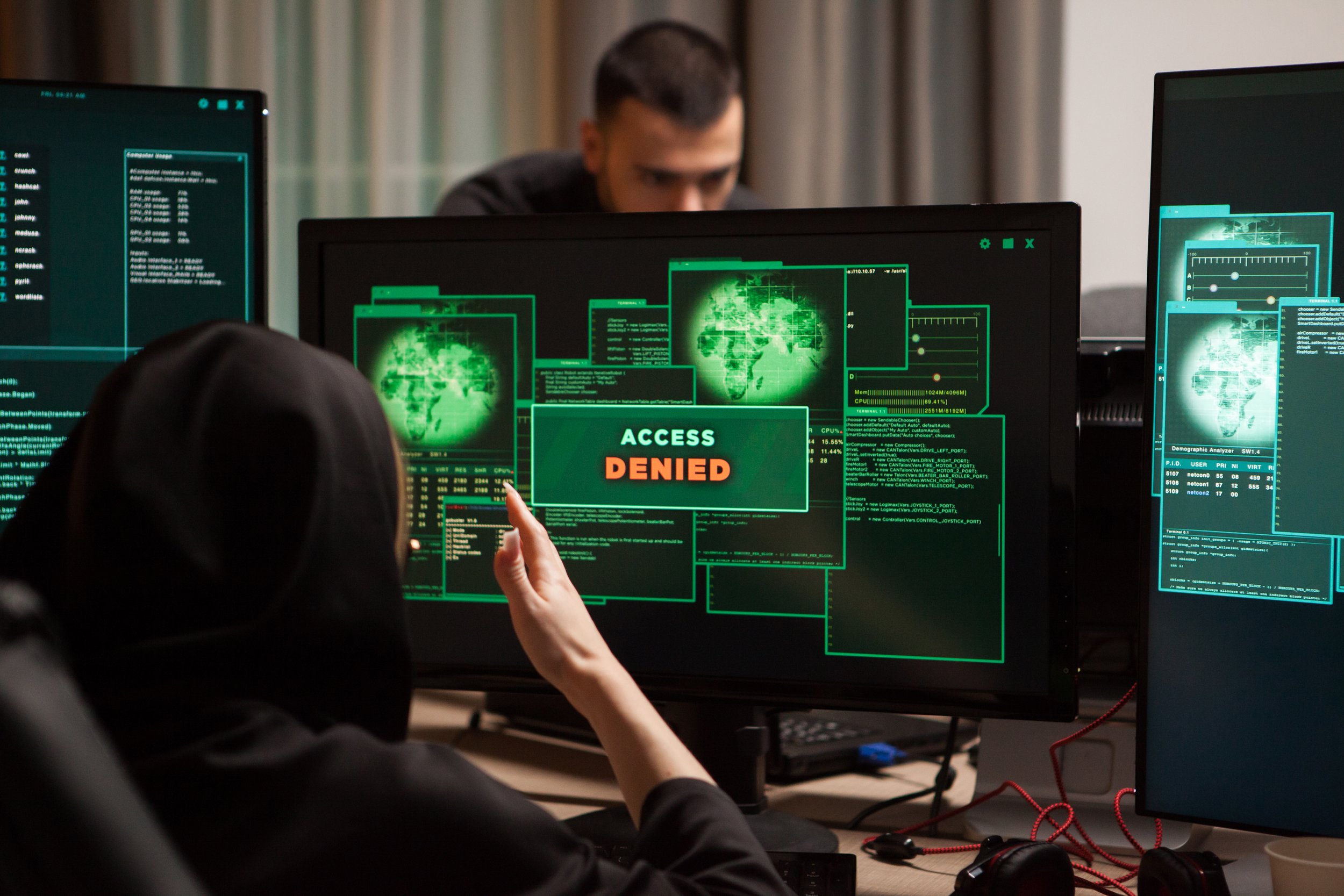
TechNews
Latest updates and insights on tech.
AI for Cyber Threats
As cyber threats continue to grow in scale and sophistication, traditional security measures alone are no longer sufficient. Ethical hacking—also known as penetration testing—is becoming a critical tool for identifying and addressing system vulnerabilities before malicious actors exploit them. By simulating real-world attacks, ethical hackers help strengthen defenses, improve incident response strategies, and meet regulatory requirements. In 2025, as technologies like AI and IoT expand the threat surface, ethical hacking is poised to become a core element of every organization's cybersecurity strategy.
Zero Trust Security
As cyber threats become more sophisticated, traditional perimeter-based security models are proving inadequate. Zero Trust Security offers a proactive approach by operating on the principle of "never trust, always verify." This model ensures that no user or system, whether inside or outside the organization, is trusted by default. Key components include robust identity and access management, least-privilege access, micro-segmentation, and continuous monitoring. By implementing Zero Trust principles, organizations can significantly reduce the risk of data breaches, ensuring that access to sensitive information is tightly controlled and continuously verified. This approach not only enhances security but also aligns with modern IT environments that include cloud services and remote workforces.
Cyber Threat Defense
As cyber threats become more sophisticated and relentless, businesses must move beyond traditional security methods. This article explores the most pressing emerging threats—such as ransomware, phishing, and insider attacks—and offers practical strategies to proactively defend digital assets. From AI-powered threat detection to securing remote infrastructure, organizations can build resilience by adopting comprehensive cybersecurity frameworks that prioritize prevention, rapid response, and continuous improvement.
Securing the AI Future
As artificial intelligence (AI) continues to revolutionize industries, it brings both powerful tools for defense and complex new threats. This article explores the dual role of AI in cybersecurity—enhancing threat detection and automation while also introducing novel vulnerabilities. From adversarial attacks on machine learning models to privacy concerns in data-driven systems, businesses and governments must adopt robust cybersecurity strategies. The piece also emphasizes ethical considerations, the need for secure autonomous systems, and the importance of building resilient frameworks to protect digital infrastructure in an AI-driven world.
Quantum Computing & Security
Quantum computing poses significant challenges to traditional cybersecurity measures, particularly encryption protocols, which rely on the complexity of mathematical problems to safeguard sensitive data. With quantum computers potentially solving these problems exponentially faster, encryption methods such as RSA and ECC may no longer be secure. Proactive strategies—such as transitioning to quantum-safe encryption and investing in research—are essential to protect data in the quantum era.




